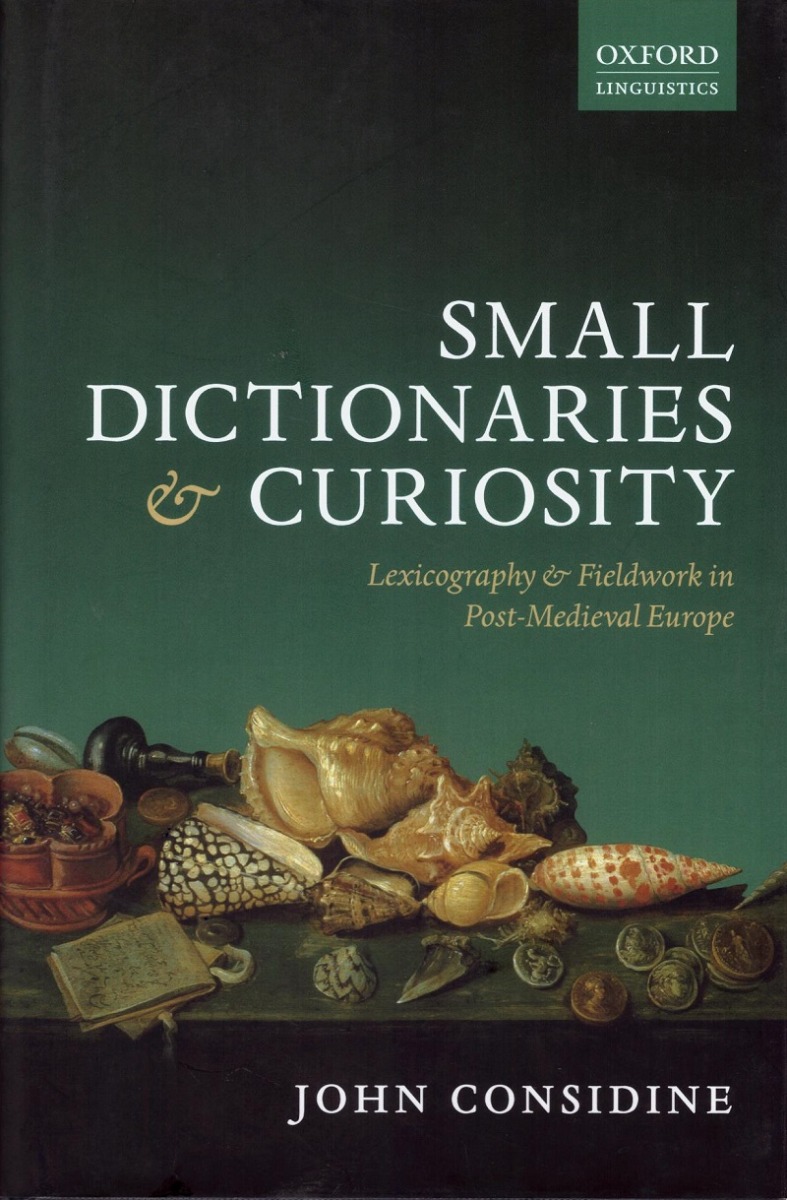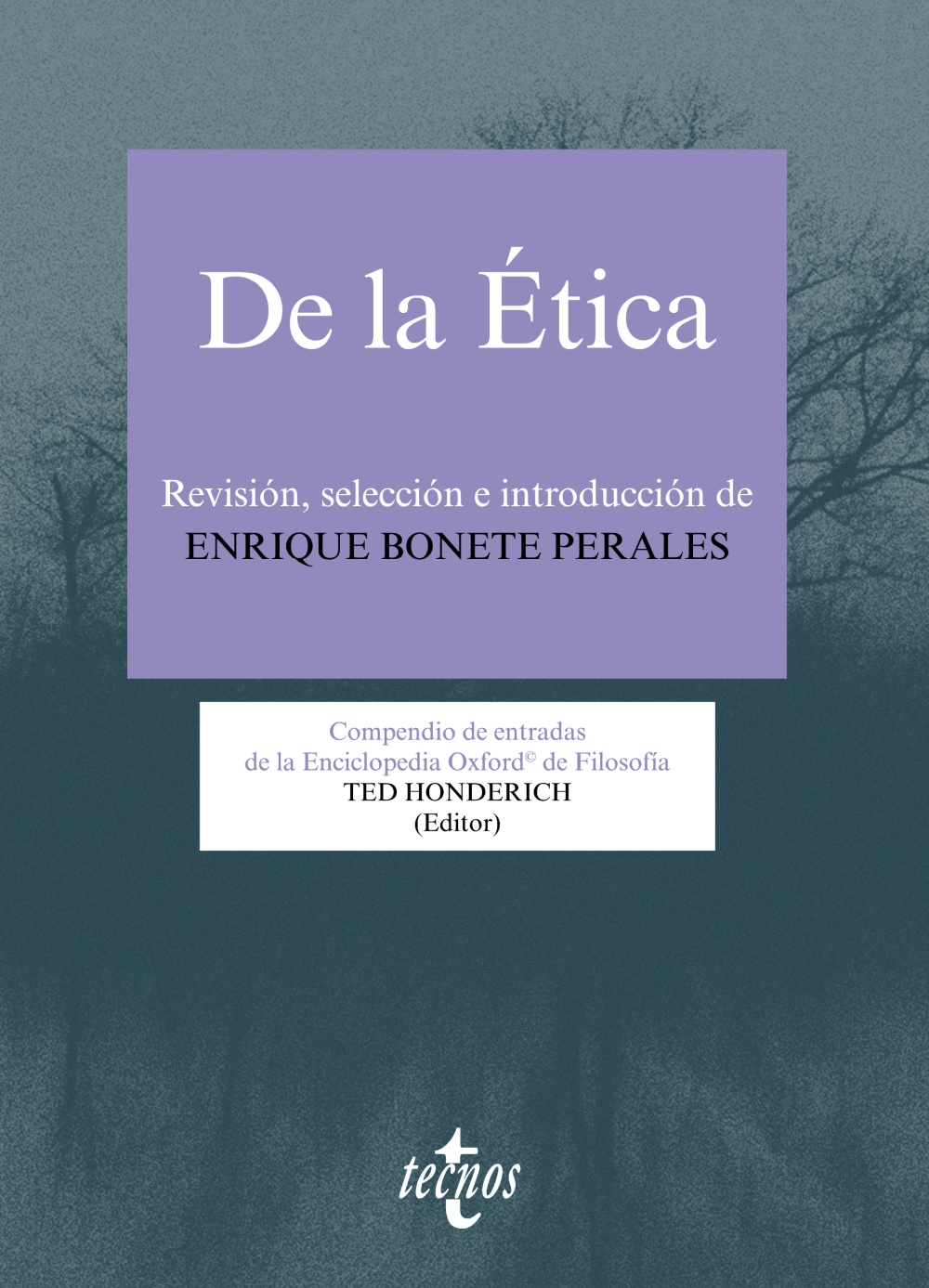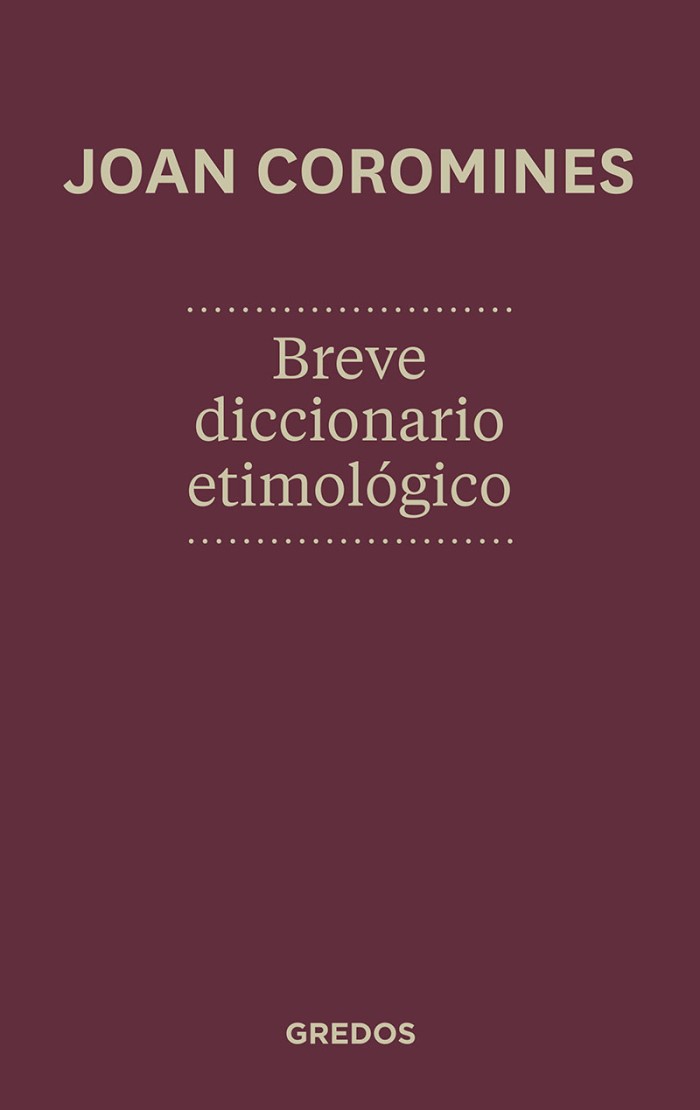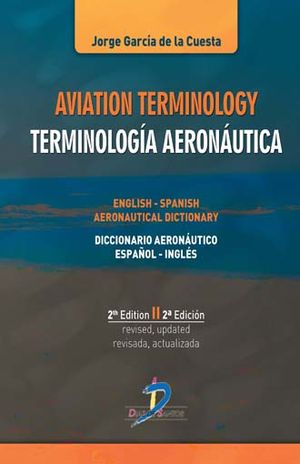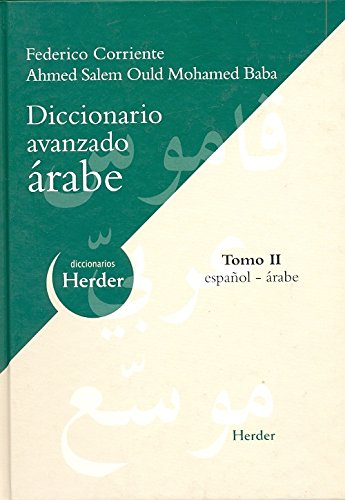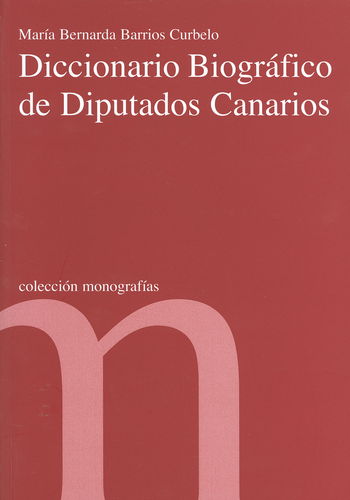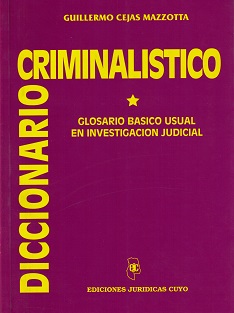Small Dictionaries and Curiosity
Lexicography and Fieldwork in Post-Medieval Europe
Small Dictionaries and Curiosity tells a story which has not been told before, that of the first European wordlists of minority and unofficial languages and dialects, from the end of the Middle Ages to the early nineteenth century. These wordlists were collected by people who were curious about the unrecorded or little-known languages they heard around them. Between them, they document more than 40 language varieties, from a Basque-Icelandic pidgin of the North Atlantic to the Kalmyk language of the lower Volga.
The book gives an account of about 90 of these dictionaries and wordlists, some of them single-page jottings and some of them full-sized printed books, paying attention to their content and their physical form alike. It explores the kinds of curiosity and imagination by which their makers were moved. The lover of all languages hearing new voices in an inn, the speaker of a dying language recording his linguistic memories. The patriot deploying his lexicographical findings in the service of an emerging nation.
It offers an encounter with the diverse voices of the entirety of post-medieval Europe. Turning away from the people of the courts and universities whose language was documented in big dictionaries to listen to people who did not speak the languages of power. The people of remote places and dying communities, the illiterate poor, settled or homeless, migrants from the edges of Europe and beyond.
1: Introduction
Part I: Curiosity
2: Western lexicographers in the lands of the Mongols
3: Curiosity and lexicography from Petrarch to Leibniz
4: The history of lexicography and the history of curiosity
Part II: The long sixteenth century
5: The first curiosity-driven wordlists: Rotwelsch
6: The broadening tradition: wordlists of other cryptolects
7: The curiosity-driven lexicography of a whole language: Romani
8: Weakly codified languages and lexicography in the sixteenth century
9: Curiosity-driven lexicography in the sixteenth century
Part III: The long seventeenth century
10: Languages and regional varieties
11: Natural history and lexicography: John Ray and his friends
12: Ray’s Collection of English words
13: Ray’s German contemporaries and successors
14: Edward Lhuyd: The making of a lexicographer
15: Edward Lhuyd, travelling lexicographer
16: Edward Lhuyd’s Glossography
Part IV: The long eighteenth century
17: Polyglot collections from Gessner to Leibniz
18: Witsen, Leibniz, and the turn to Inner Eurasia
19: Strahlenberg and the lexicography of Inner Eurasia
20: Early wordlists of Scandinavian regionalisms
21: Early wordlists of Finnish and Sámi
22: Johan Ihre and Swedish lexicography
23: Dying languages
24: Old Prussian and Polabian
25: Cornish and Manx
Part V: Into the nineteenth century
26: Dictionaries of Scottish Gaelic in the century of Ossian
27: Bardic dictionaries: Faroese, Serbian, and Breton
28: Lexicography and national epic in Finland
Conclusion: Writing the history of lexicography
JOHN CONSIDINE teaches English at the University of Alberta, and contributes as a consultant to the Oxford English Dictionary, of which he was formerly an assistant editor. His books include Dictionaries in Early Modern Europe (2008), Academy Dictionaries 1600-1800 (2014), and the edited volume Ashgate Critical Essays on Early English Lexicographers: The Seventeenth Century (2012). He has also written on etymology, book history, and early modern literature. He is at present writing a new history of dictionaries in the British Isles from 1500 to 1800, and editing the Cambridge World History of Lexicography. He is a Fellow of the Society of Antiquaries of London.

